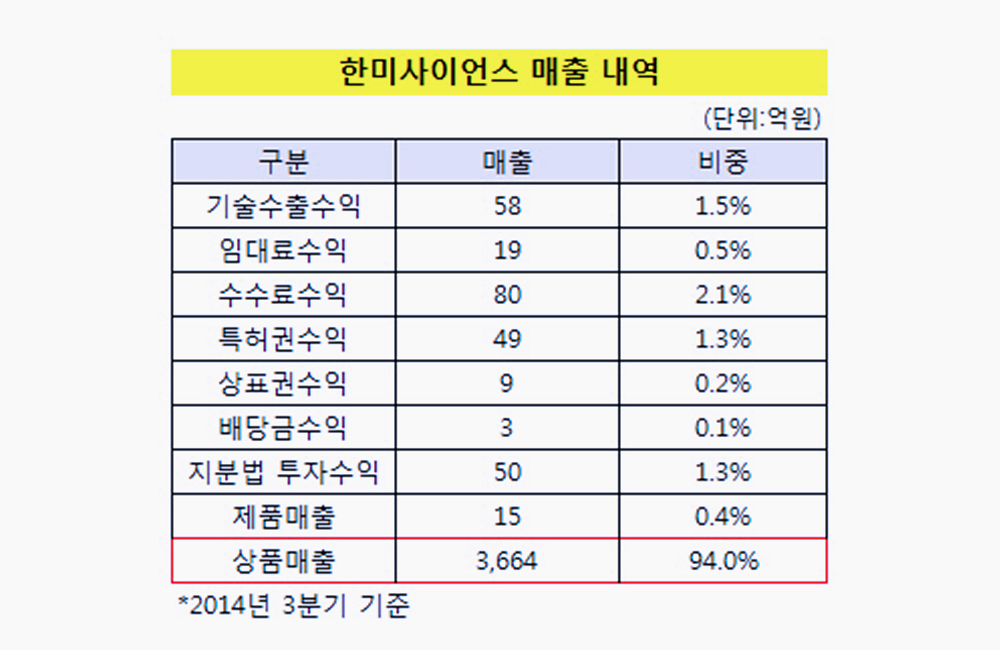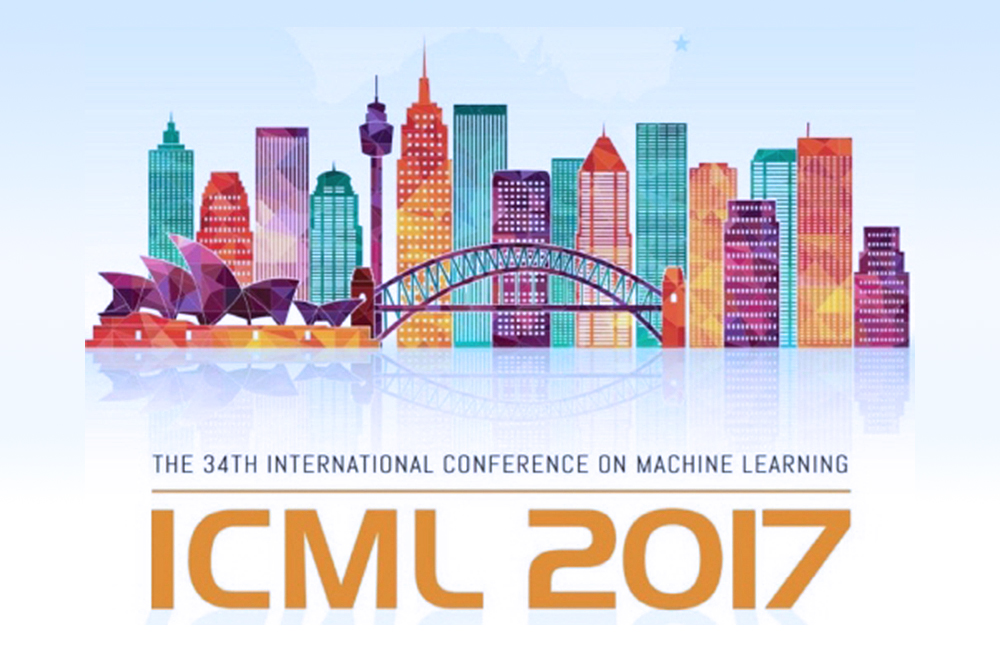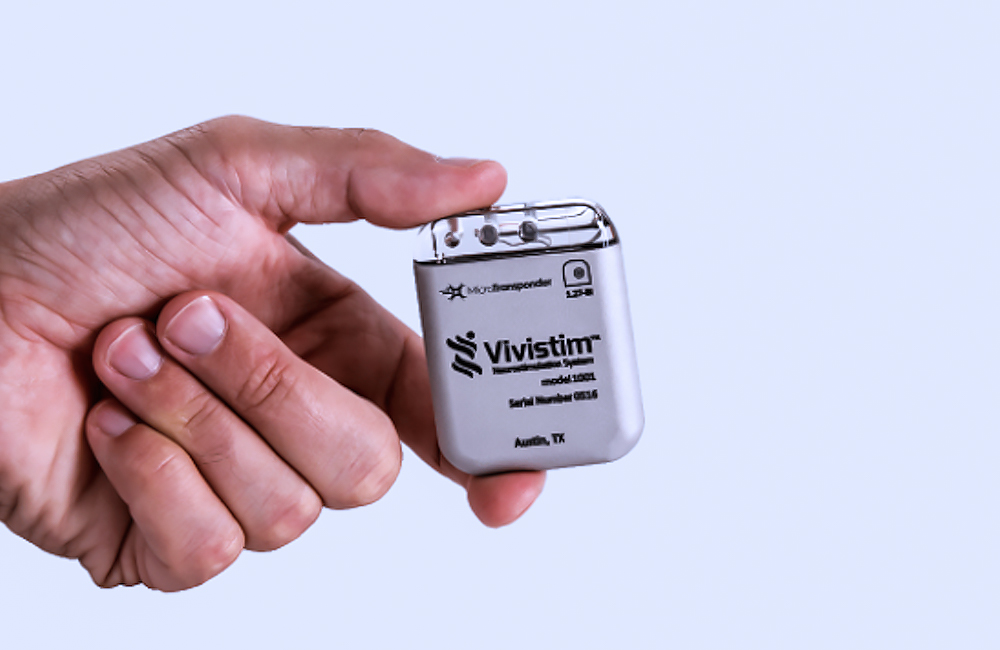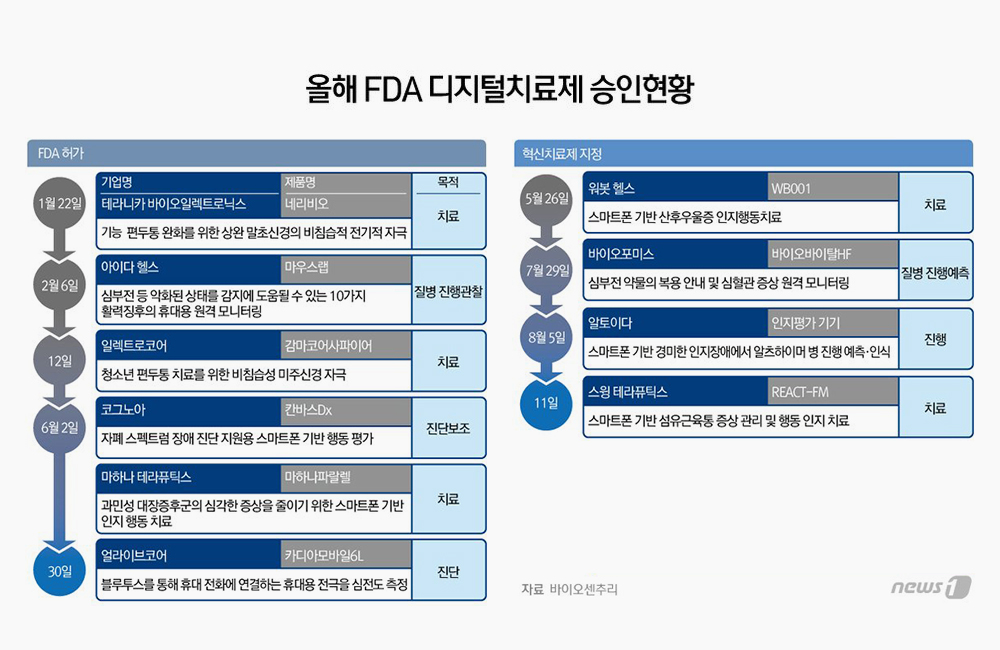In the realm of healthcare, technology has
emerged as a powerful catalyst for positive change. One area where this
transformation is particularly evident is in the reversal of diabetes,
specifically type 2 diabetes. Health technology, encompassing innovative tools
and applications, is paving the way for effective diabetes management and
remission. Moreover, these technological advancements are not only shaping
treatment strategies but also enhancing consumer adherence to diabetes
remission programs.
Type 2 diabetes is a chronic metabolic
disorder characterised by insulin resistance and elevated blood sugar levels.
Traditionally, its management has primarily relied on medication, diet
modification, and lifestyle changes. However, the quest for more sustainable
solutions, including diabetes remission, has spurred the integration of health
technology into diabetes care.
Health technology, from mobile apps and
wearable devices to telemedicine platforms, is revolutionising diabetes
management. These tools not only facilitate real-time monitoring of blood
glucose levels but also empower individuals to take control of their health and
make informed decisions. In the context of diabetes remission, health
technology serves as a comprehensive support system that enhances the
effectiveness of lifestyle interventions.
Some examples of how technology is
revolutionising Diabetes care are as below -
1. Telemedicine Platforms connect
individuals with healthcare professionals such as Doctors, Diabetes Educators
and Dieticians virtually, enabling remote consultations and continuous
guidance. This is particularly useful in diabetes remission programs, as
regular check-ins and adjustments to treatment plans can be efficiently managed
without the need for frequent in-person visits.
2. Mobile Applications offer a plethora of
features, from tracking food intake and exercise to providing personalised meal
plans. These apps also offer educational resources, fostering better
understanding of the factors influencing diabetes. For diabetes remission, apps
help individuals adhere to prescribed dietary guidelines and activity levels.
Using AI, these applications can suggest better and sustainable ways to create
long-lasting habits.
3. An Online Community for support and
guidance during a program that typically lasts a few months becomes essential
to drive the motivation during times when adherence might fall. Having this
social aspect leads to a fun and non-judgmental environment, which helps users
get insight into each other’s routines, as well as get inspired by their
journey.
4. Wearable Trackers can help monitor
physical activity (smartwatches) or real-time insights into their glucose
levels (CGMS). This encourages consistent exercise, a cornerstone of diabetes
remission programs. The CGMS can enable proactive management, ensuring that
dietary and activity adjustments can be made promptly to maintain stable blood
sugar levels. Furthermore, these devices seamlessly integrate with apps,
creating a holistic ecosystem for health management.
The effectiveness of any healthcare
intervention, including diabetes remission programs, heavily relies on consumer
adherence. Adherence to prescribed dietary changes, exercise routines, and
medication schedules can significantly impact outcomes. Unfortunately,
sustaining these lifestyle modifications can be challenging. This is where
health technology steps in to bridge the gap.
Health technology offers tailored
interventions that cater to an individual's preferences, habits, and goals.
These personalised approaches increase engagement and motivation, as
individuals feel that their unique needs are being addressed.
Immediate feedback provided by health
technology tools or health coaches using online platforms helps users
understand the direct impact of their actions on their health. For instance, a
mobile app can show how a particular meal affects blood sugar levels, enabling
informed decisions.
Many health apps incorporate gamified
elements, turning health management into an interactive experience.
Achievements, rewards, and challenges make adhering to diabetes remission
programs enjoyable and encourage consistent participation. These platforms
often offer communities or forums where users can connect, share experiences,
and provide mutual support. This sense of community fosters accountability and
encourages individuals to stay committed to their diabetes remission journeys.
The synergy between health technology and
diabetes reversal has the potential to reshape the landscape of chronic disease
management. Continuous glucose monitoring systems, mobile apps, wearable
fitness trackers, and telehealth platforms provide individuals with tools to
actively engage in their health and make informed decisions. Furthermore, the
challenge of consumer adherence is being addressed through personalised
interventions, real-time feedback, gamified elements, and social support
mechanisms.
As technology continues to evolve, the
possibilities for diabetes reversal and improved consumer adherence are
boundless. Through the effective utilisation of health technology, individuals
can not only manage diabetes but also work towards reversing the condition and
achieving better health outcomes. As healthcare professionals, researchers, and
developers collaborate, health technology's impact on diabetes remission will
likely lead to more successful and sustainable interventions, transforming
lives and redefining the future of diabetes management.









